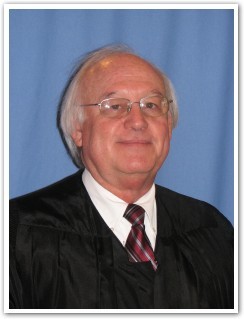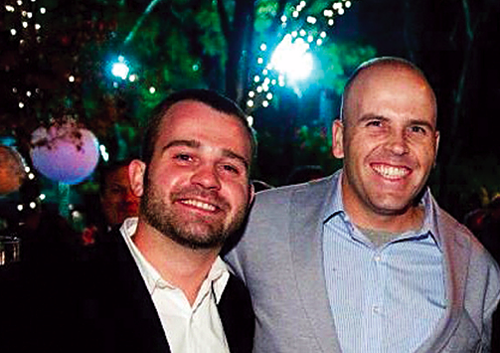Of course Tennessee would be the state to break the winning streak for the pro-equality movement.
Yesterday, Roane County Circuit Court Judge Russell E. Simmons became the first judge to rule that a state’s gay marriage ban was constitutional since the U.S. Supreme Court overturned the federal Defense of Marriage Act in June 2013.
Simmons of Kingston, Tennessee, ruled that the state’s ban does not violate the U.S. Constitution’s equal protection clause. His reason?
“Marriage simply cannot be divorced from its traditional procreative purposes. … The promotion of family continuity and stability is certainly a legitimate state interest,” Simmons wrote.
Yep, Simmons upheld the state’s gay marriage ban on the basis that marriage should be about having babies. Nevermind that gay couples have babies all the time, whether through artificial insemination, co-parenting with someone of the opposite sex, or adoption. Nevermind that plenty of straight couples either opt not to have children or, because of a medical issue, cannot procreate. And nevermind that Simmons’ decision contradicts at least 30 other court decisions, including two federal appeals court decisions, ruling against same-sex marriage bans.
The case involved Frederick Michael Borman and Larry Kevin Pyles-Borman, a couple who legally wed in Iowa but lived in Rockwood, Tennessee. The pair later decided to divorce, but in Iowa, residency for a certain period of time must be established before divorce is allowed. And since gay marriage wasn’t legal in Tennessee, they couldn’t get divorced in this state either. That’s how the case wound up in Simmons’ court.
Last week, the Sixth Circuit Court of Appeals heard a Tennessee same-sex marriage case seeking recognition for three couples that legally wed in states with marriage equality but live in this state. One of those couples is from Memphis. That three-judge panel hasn’t issued a ruling yet, but some believe it also might rule against same-sex marriage.
If that happens, it could force the issue into the U.S. Supreme Court, where the high court would be tasked with solving the issue once and for all.









